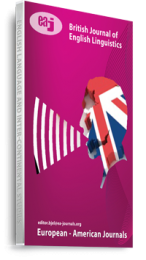The aim of this research paper was to explore the instructional impact of Task-Based Language Teaching on English language attainments among 81 second-year university business studies students. The participants were studying a private university located in the surrounding areas of Bangkok, and were introduced to a TBLT learning environment for the duration of one English course (16 weeks). To test the effectiveness of TBLT, t-tests analyses (0.05) were utilised to compare resulting end-of-term performances with prior achievements attained under the conventional form of instruction. Overall, the findings indicated that TBTL positively influenced English language performances when compared to conventional methodologies (TBLT: 60.9 = Grade C+; CONV: 54.93 = Grade C; p [0.0195] = sig <0.05). Nevertheless, the bulk of progress was concentrated in speaking skills (p = sig <0.05), as no significant difference was noted in formal comprehensive examinations. Furthermore, variability analyses highlighted that upper-quartile students showed significant improvements in both major sets of assessments (speaking and formal examinations); while speaking scores for the lower-quartile remained stagnant, and formal examination scores exacerbated altogether. This led to the unequivocal conclusion that learners’ response to TBLT is governed by linguistic potential.
Keywords: English, Language, Performance, TBLT, Task

